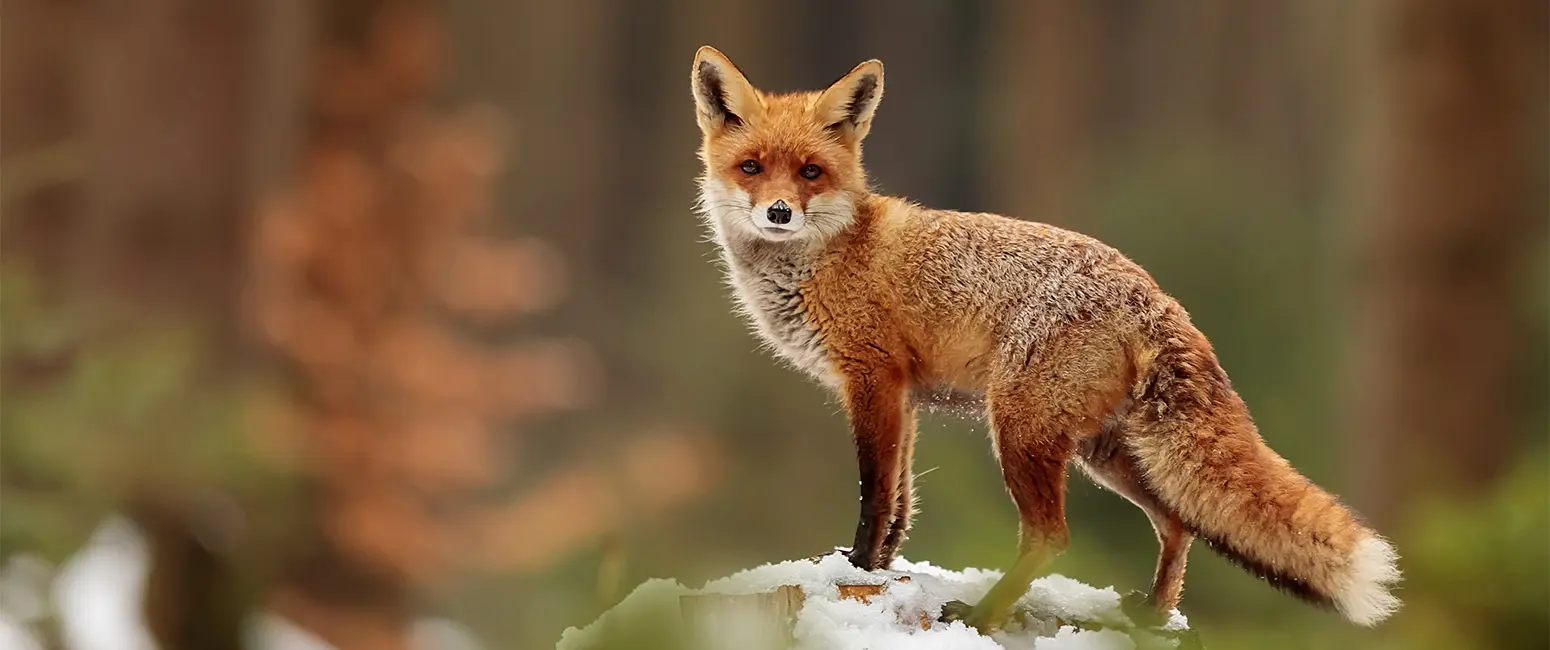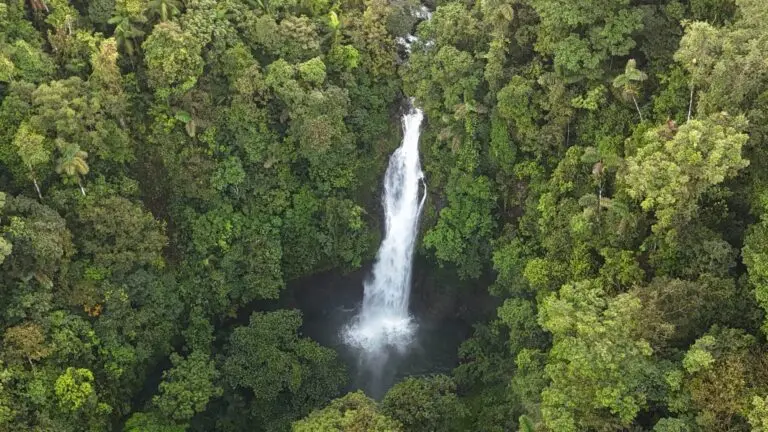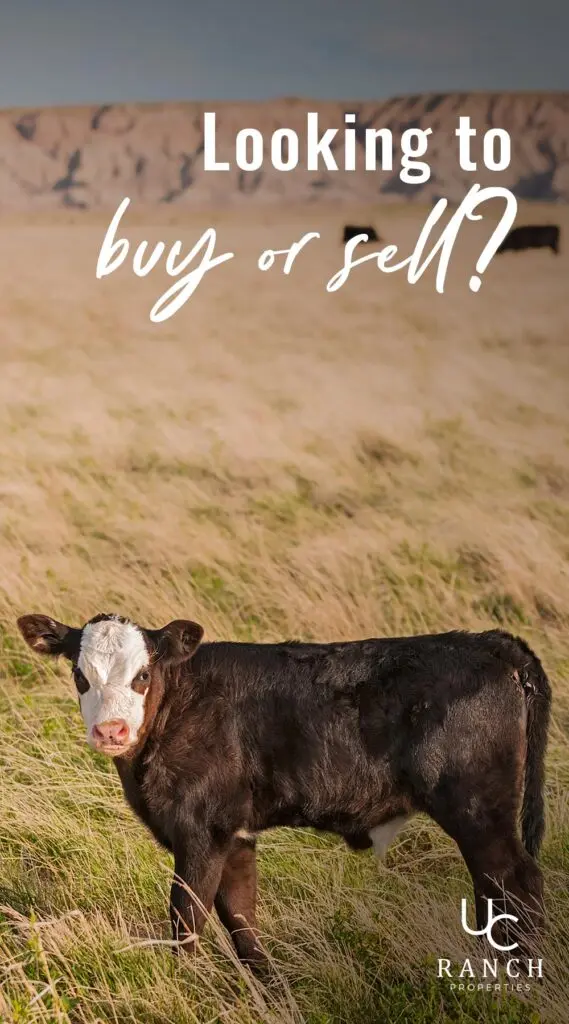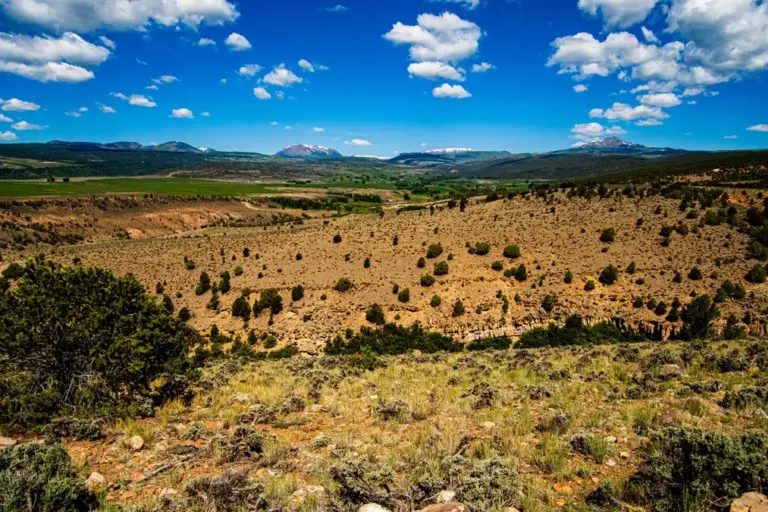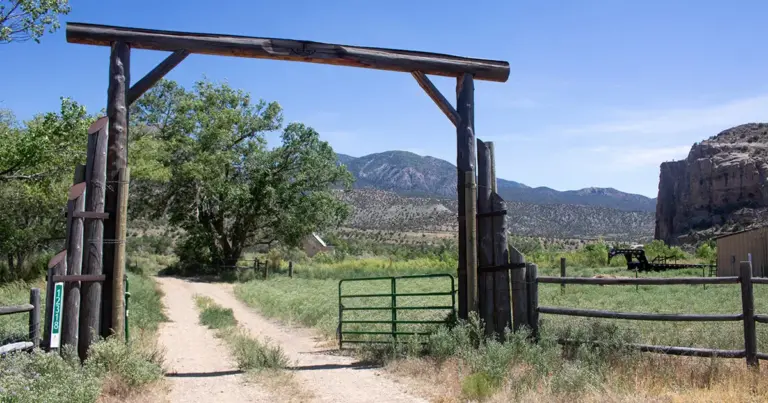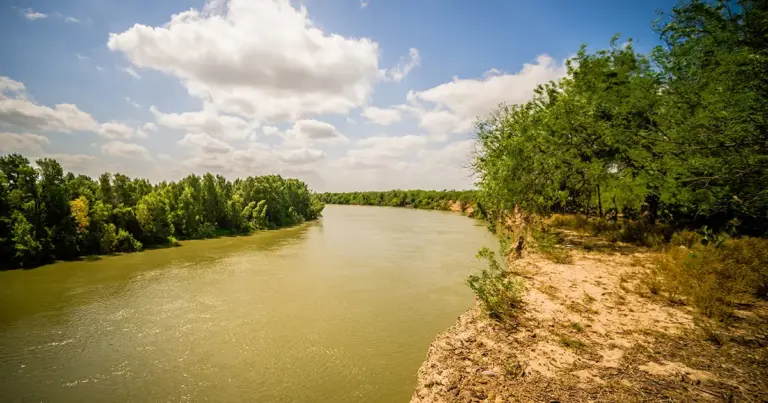A conservation easement is a voluntary agreement that limits the use of your land in perpetuity to preserve it
This is a legally binding agreement between a property owner and a land trust with mutual benefits. For one, conservation easements put the land under certain development restrictions to keep it intact for future generations. The landowner is reimbursed through tax benefits or a check that they can put in their pocket or back into improvements on the property.
When placing a conservation easement on your property, it is extremely important to look beyond your immediate needs and take into consideration what the next owner may want or need. This decision affects your future use, the next owner’s future use and the resale value of your property. Below are some reasons to consider or stay away from a conservation easement for your ranch land.
Benefits of Conservation Easements
A well-planned and thought out easement can improve your land, preserve its best use and ensure future owners receive complete enjoyment out of their property for years and generations to come.
Some of the most common reasons that property owners place an easement on their land include:
- Improving water quality
- Maintaining the growth of a forest
- Maintaining a wildlife habitat
- Protecting scenic landmarks
- Maintaining land to ensure agriculture and livestock can survive
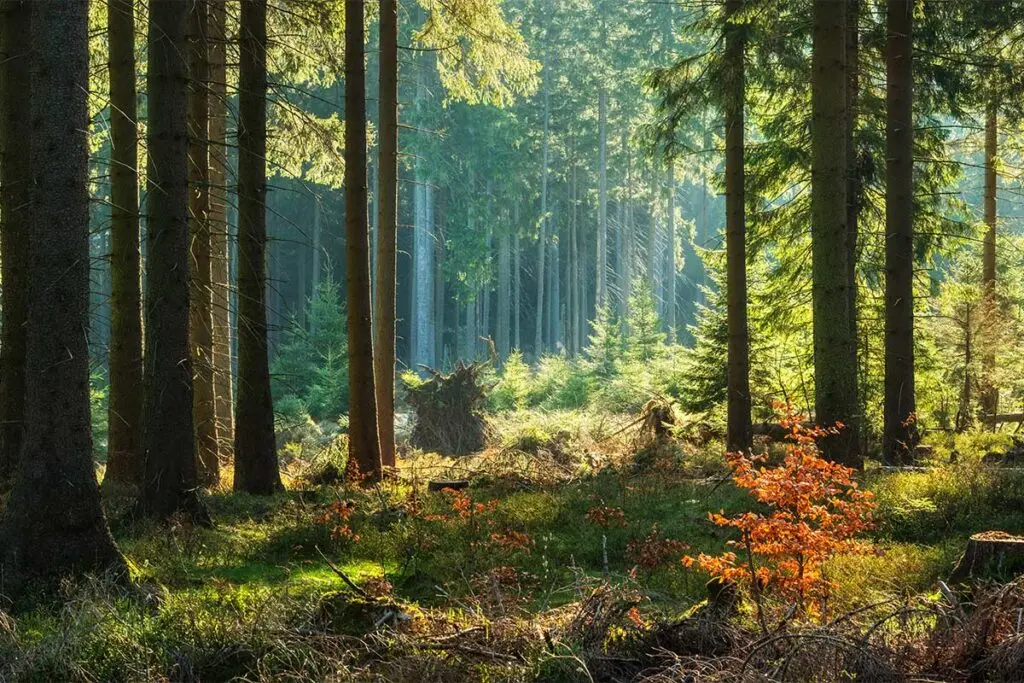
The most appealing benefit of a conservation easement is that it provides landowners with the necessary funds and protections to improve their land for a specific purpose.
For example, say you purchase a hunting and recreational ranch for $3.2 million. Chances are, you don’t have a lot of money left over to make improvements like fixing fences, paving the driveway to the lodge or improving wildlife habitat. Further, chances are that you intend to always use the land for livestock or hunting and you don’t want to subdivide in order to build homes to sell on the property. If you feel that the best use of the land is to conserve it for hunting or recreational purposes, then you can place it in an appropriate conservation easement and use the monetary benefit to make those improvements to the land.
Considerations about Conservation Easements
If you can only justify a conservation easement for your immediate needs, and not to preserve the future of the property, think again. Placing your property in a conservation easement will have a dramatic effect on your property’s desirability and value when the time comes to sell it.
Recently, I tried to sell a hunting ranch with a conservation easement. The owners had placed the easement on the property for the purpose of duck hunting. The owners were avid duck hunters that lived nearby so the restrictions placed on the property by the conservation easement was not affecting their enjoyment of the property.
The problems began to surface when the time came to sell the property. Prospective buyers were not local and wanted a place on the property to stay, but the easement restricted any type of building structure on the property. Other buyers wanted to utilize the property as a hunt club or for guided hunts, but the conservation easement strictly prohibited any activity that was “commercial” in nature.
Ultimately, these restrictions became barriers to reaching a sale. This is one example of how the lack of future planning can adversely affect the value of your property if you place a restrictive easement on it.
Finding a Property That’s Right for a Conservation Easement
If you feel like a conservation easement aligns with your future goals, you should get started looking for a property that fits the bill. Make yourself aware of local land trusts and government agencies to decide whether their restrictions make sense for your property. Once you find a property that you like, keep in mind that you will be able to make necessary improvements with the money you get from putting it in an easement.
If you need help finding a property that would be fitting for a conservation easement, contact one of our professionals at United Country Real Estate. We have ranch land, hunting land and farm land experts across the country ready to help. Visit www.UnitedCountry.com to learn more.
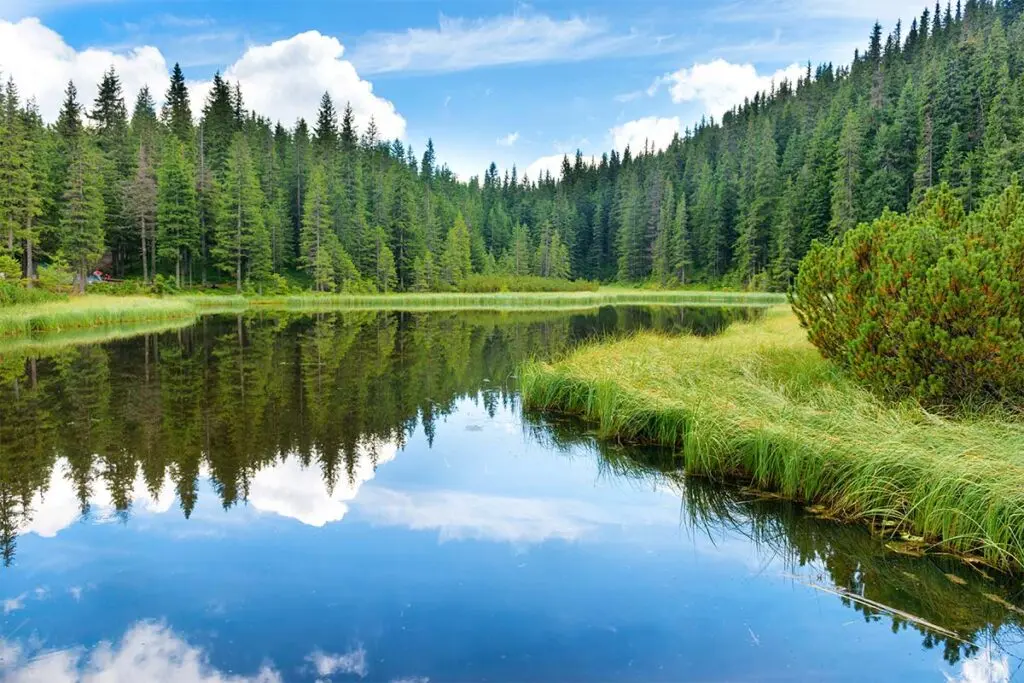
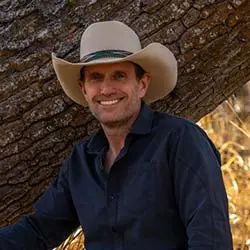
About the Author
Rob Gash is a Colorado native who is highly knowledgeable in ranch land, hunting land, mountain homes and farmland. He is an Accredited Land Consultant and has been part of many multi-million dollar real estate transactions over his 10-year real estate career. Learn more about Rob and view his available listings at www.WeSelltheWest.com.
